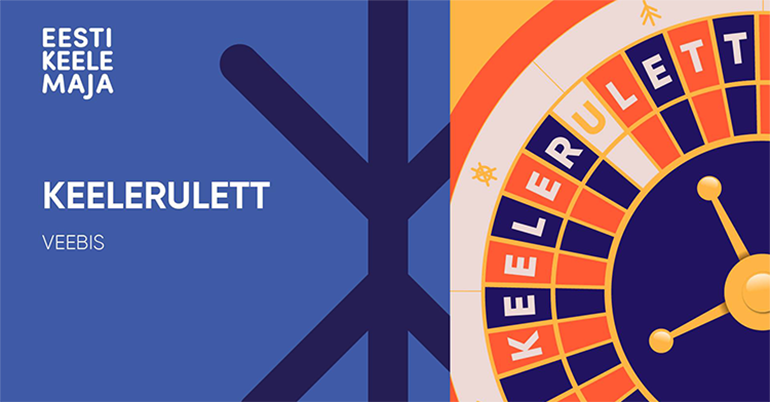At the Integration Foundation’s integration awards, the title of Spark of the Year was bestowed upon Einike Sooväli – a woman who, through her heartfelt work, has ignited the flame of integration in many people across Estonia. A significant part of the integration programmes developed at the Estonian Open Air Museum under her leadership is aimed at supporting the adaptation of newly arrived immigrants, helping new residents to better understand Estonian society, language, and culture.
Einike’s work is based on the conviction that the adaptation of newcomers begins with understanding how Estonian society has developed and why the people here behave the way they do. The Estonian Open Air Museum offers a unique environment for this. There, you can learn about Estonian history, everyday life, and customs in a way that is not merely theoretical, but based on direct experience and interaction.
A window into the souls of Estonians
Einike emphasises that it is precisely the knowledge of the historical background that helps newly arrived immigrants understand the everyday communication patterns and attitudes characteristic of Estonians, which may seem incomprehensible or even standoffish to those coming from elsewhere.
‘As our exhibition is very large and includes nearly a hundred houses from different eras, we can recount Estonian history from its beginnings to the present day. And not just talk about it, but also show it. This gives newly arrived immigrants a very strong start, because they begin to understand why Estonians are the way they are: why we don’t smile much, why we are cautious towards strangers at first, and why our relationship with religion is not a very close one,’ she explains.
What’s more, all activities take place in Estonian – with more or less body language – which means that language learning goes hand in hand with acquiring new knowledge.
Stepping out of your comfort zone
According to Einike, one of the most difficult challenges in helping newly arrived immigrants adapt is reaching those who do not consider learning the language and culture necessary and consciously avoid doing so.
Often, this attitude stems from a previous negative experience: the person tried to learn the language but did not see immediate results. ‘Estonian is difficult. Perhaps the course or teacher was not quite right, and people simply gave up. After all, you can actually get by in Estonia without learning the language: if you know Russian or English, you will be fine in everyday life.’
However, Einike urges all new Estonian residents to remember that a real change in a person’s quality of life occurs when they decide to truly contribute to society and begin to understand the Estonian language. ‘Believe me – a whole new world will open up. Life in Estonia is not as boring as it may seem when you spend it sitting at home. There are so many opportunities to do something fun.’
Life is short – welcome everything that is given to you!
Einike knows from her own experience how eye-opening it is to learn about local life in depth when moving to a new country.
‘When you move to another country, take in everything it has to offer. Life is short – no matter which country you end up in, try to gain as much new knowledge and as many new skills as possible. It will enrich you so much and give you invaluable experiences for the rest of your life,’ is her message to those coming from abroad.
Einike believes that it is particularly important for passive learners not to start their adaptation process with difficult language courses. It is much easier and more natural to start by learning about the culture: gradually start watching Estonian-language programmes and listening to the radio, visit language cafés, or participate in cooking and handicraft groups, for example, which also include Estonian members.
‘This way, the language begins to stick, and that way, it becomes easier to start learning it more consciously. First contacts and friends are made. You just have to start somewhere – and that first step does not have to be a giant leap,’ is her advice.

